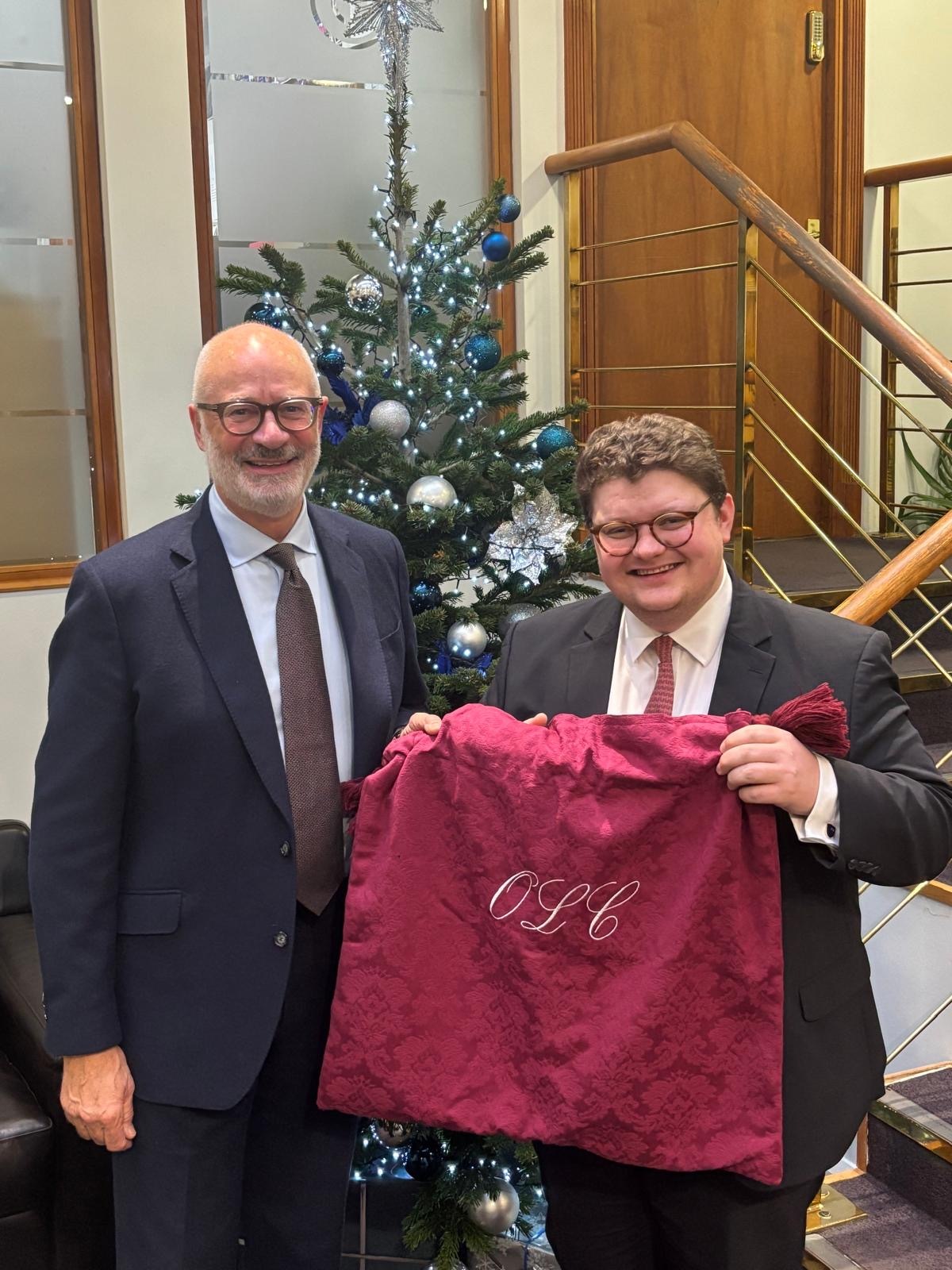Doug Cooper in case with finding of fundamental dishonesty in a deafness claim
Douglas Cooper of Deans Court instructed by Stephen Croston, Keoghs acted throughout on behalf of the Defendant/Appellant in James v Diamantek Limited where His Honour Judge Gregory found on appeal that a claimant's claim was "fundamentally dishonest".
Summary:
The court found that a deafness claim in which a Claimant who had lied throughout his evidence about the provision of, training regarding and his use of hearing protection, was fundamentally dishonest such that he lost his protection against paying the Defendant’s costs of the action.
The Deputy District Judge had applied the wrong test and set an impossibly high standard for the removal of costs protection.
The case:
Mr. James worked for the Defendant from 2003 to 2013. There was no issue that he worked in noise. The dispute throughout was whether he was provided with and wore hearing protection, which he denied in his letter of claim, medical report, Part 18 Replies and witness evidence.
At the end of cross examination, he conceded that he “had hearing protection 100% of the time, which he wore 100% of the time” when working in the Special Projects Unit, which he did for the last 7 years of his employment and part-time during the first three years. The judge dismissed his claim and rejected the Claimant’s evidence in relation to the earlier period (of which there was no other evidence).
However, at an adjourned hearing the judge said “I did find that he did not tell the truth on the day. I do not think that the fact that I did find that he did not tell the truth makes him a dishonest person. I think it is possible to be honest and not to tell the truth.”
The Claimant's Solicitors had submitted an article, which omitted some of the material facts, which was published in the Law Society Gazette prior to the appeal suggesting that issues of fundamental dishonesty had no place in industrial disease claims and that such a finding would be sought wherever the Defendant’s evidence was preferred to that of the Claimant.
Philosophically and legally frustrated, the Defendant appealed her decision to the Designated Civil Judge in Coventry. In particular, the appeal turned on her misapplication of the relevant test under rule 44.16 which the District Judge appeared to consider required some assessment of his character rather than the effect of the Claimant ’s dishonesty on the claim (thus inconsistently with Gosling v Hailo & Screwfix and Zimi v London Central Bus Company Ltd). Secondly, the test that she appeared to set required higher standards of proof than that required for committal for contempt of court, which merely required proof of dishonesty and a lack of belief in the statement.
HHJ Gregory found that the judge had applied the wrong test, that her findings were that the Claimant had been dishonest and that the issue of the provision and use of hearing protection was fundamental to the Claimant’s allegations, so the relevant test had been met. Although the judge discounted the costs by ⅓ to reflect the Claimant’s financial position, insurers and Defendants should be reassured that the courts are willing to penalise individuals who make dishonest claims.
The transcript of the judgment is awaited.

Also Recently
-
Festive Opening Hours 2025
The members and staff at Deans Court Chambers would like to wish our clients, colleagues and friends a very Merry…
Dec 09
-
Tim Horlock KC presents Oliver Carr with Red Bag
Tim Horlock KC presents Oliver Carr with Red BagThe red bag, used to carry the wig and gown, is traditionally…
Dec 05











